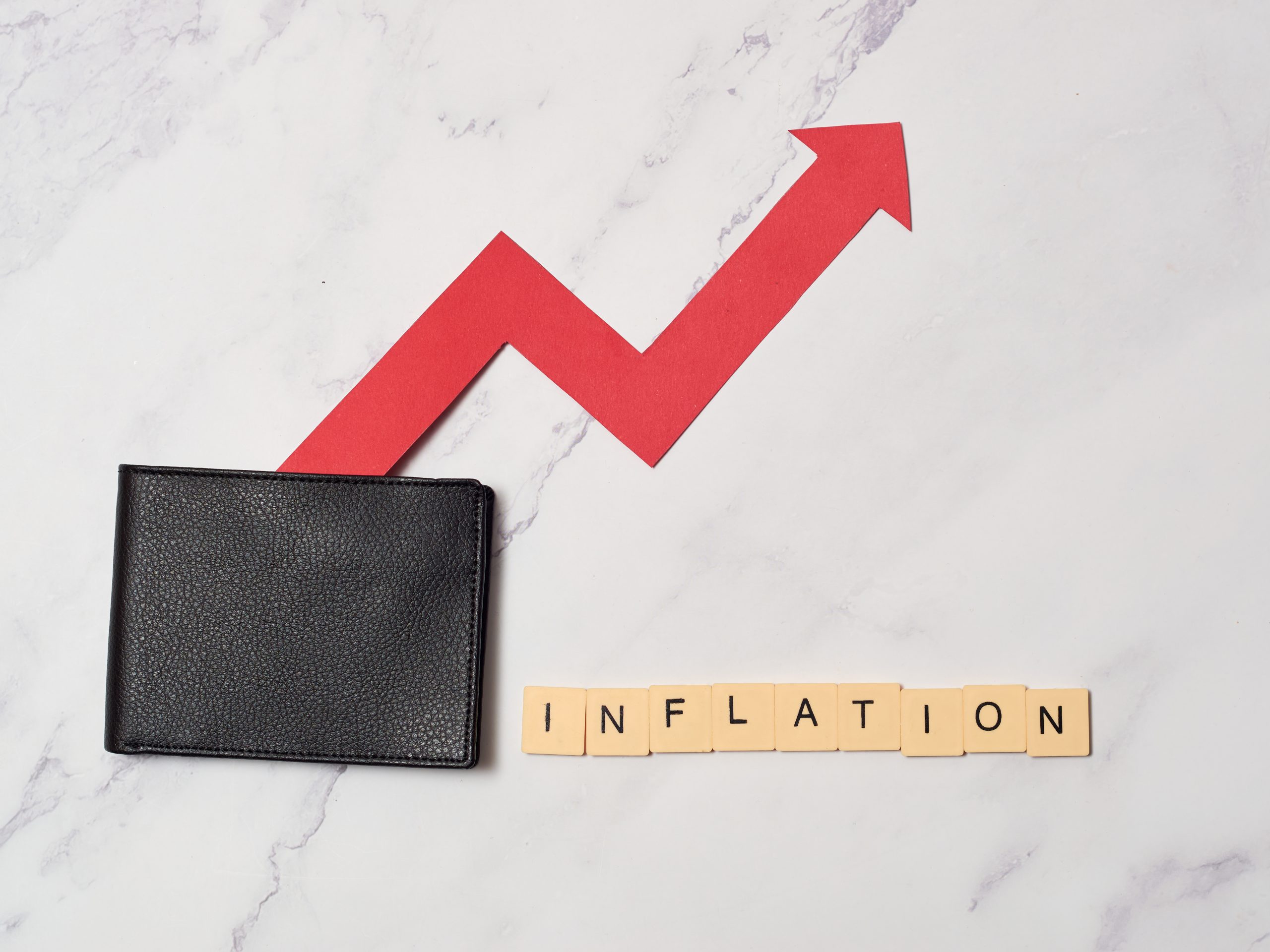
The rising inflation has further deteriorated the economic crisis of Pakistan. In recent years, Pakistan has been in economic turmoil and the situation has worsened resulting in low economic growth and rising debts.
Inflation can be defined as a sustained increase in the general price level of goods and services over a period of time. It reduces the purchasing power of consumers and can have a significant impact on the overall economy.
According to Pakistan Bureau of Statistics, inflation rose to a record level of 36.4% in the last year from April 2022 to April 2023, driven mainly by food prices. This inflation rate is the highest in South Asia, and even outpaced the price rise in Sri Lanka.
The ongoing inflation in Pakistan is mainly due to several factors, including the depreciation of the Pakistani rupee, high energy prices, and supply chain disruptions caused by the COVID-19 pandemic.
The Pakistani rupee has been depreciating against the US dollar, which has led to an increase in the prices of imported goods. Moreover, Pakistan depends on the import of many essential items including oil, gas, and food items, so the weakening of the rupee caused a significant impact on the economy.
Another factor contributing to inflation is high energy prices. Pakistan severely relies on imported oil and gas to meet its energy needs. When global oil prices rise, it affects the domestic economy, leading to higher transportation costs and higher prices of goods and services.
The skyrocketing inflation, removal of subsidies for electricity and fuel, and the devaluation of the Pakistani rupee have made it increasingly difficult for many people to meet their basic needs, increased poverty levels, and an overall decrease in economic growth.
The government of Pakistan has taken measures to secure the funding, including removing caps on the exchange rate, resulting in a depreciating currency, increased government borrowing and reduced subsidies. These measures have had an impact on inflation in Pakistan, which has been rising steadily since 2018.
On the other hand, Pakistan government is in formal negotiations with IMF for the bailout package to save Pakistan from default and ongoing balance-of-payments crises.
In conclusion, the ongoing inflation in Pakistan is a major concern for the economy and its people. To tackle ongoing economic crisis, the government needs to take steps such as introducing fiscal policies that reduce demand-pull inflation, increasing interest rates and encourage investment in productive sectors.
Additionally, structural reforms are needed such as improving governance and strengthening public institutions.